
Analysis shows that myocarditis was the most commonly diagnosed condition associated with pediatric post-acute sequelae of SARS-CoV-2.

Analysis shows that myocarditis was the most commonly diagnosed condition associated with pediatric post-acute sequelae of SARS-CoV-2.

Analysis is based on previously reported data collected in March and April 2022, with the FDA granting emergency use authorization for individuals aged 6 months to 4 years on June 17.

Investigators from University of Texas Health Science Center at Houston analyze data from individuals aged 5 to 18 years enrolled in the Texas CARES survey.
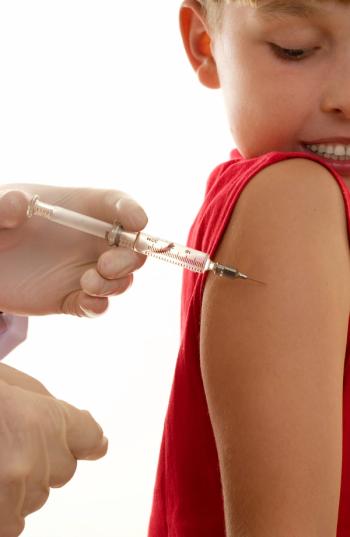
Pharmacists can help familiarize young patients with the vaccinations appropriate for pediatric use.

There are many changes that need to be made on multiple levels of healthcare to combat health disparities and equity.
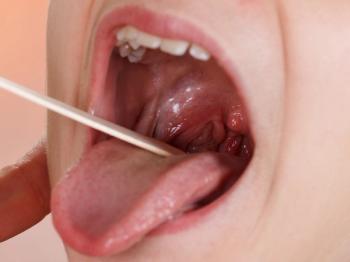
Phase 3 study follows recent approval of the drug for the same condition in individuals aged 12 years and older who weight at least 40 kg.
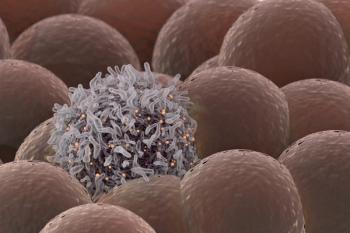
Individuals randomized to receive dabrafenib and trametinib had a statistically significant overall response rate of 47% compared with 11% for those who received chemotherapy.

Case highlights the need to stop, listen, and investigate when patients or parents express a safety concern.

Approximately one-third of parents said their children are picky, and another third said they don’t think their children eat enough fruits and vegetables.

Analysis provides new understanding of the effect of probiotics on the tiniest of infants in the neonatal intensive care.

Analysis shows the activity of a specific enzyme, Butyrylcholinesterase, was significantly lower in those who subsequently died of sudden infant death syndrome.

Investigators develop a genetic-risk score to identify those who would benefit most from lifestyle counseling to prevent the condition.
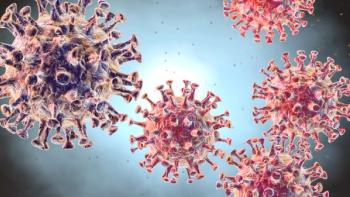
Second analysis indicates that parents of children with food allergies became less anxious during the pandemic.

Educating patients can be especially rewarding with children.

Data from the study shows a strong immune response in this age group following this dose, with no new safety signals.
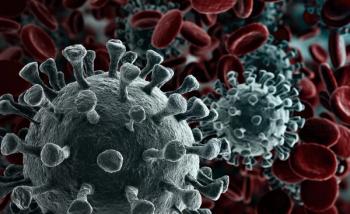
The PREVENT-19 study evaluates the immunogenicity and safety of a third dose of NVX-CoV2373 in children aged 12 to 17 years.

Three in 5 say it is hard to get kids to eat well-balanced diets, because of not eating enough fruits and vegetables, pickiness, and other reasons.

Analysis assessing data from the world’s largest twin registry also finds evidence that genetic factors for strong headaches may differ between men and women.

The medication is the first oral therapy specifically to treat the virus evaluated in a pediatric clinical trial.

Effectiveness is estimated at approximately 91% against any SARS-CoV-2 infection and approximately 85% effective against asymptomatic infection, analysis results show.

The decision is informed by the results of a phase 2b proof-of-concept study that assessed the immunogenicity and safety of the drug in healthy pregnant women and their infants.

During spring to fall 2020 related visits to emergency departments declined compared with a year earlier, study results show.
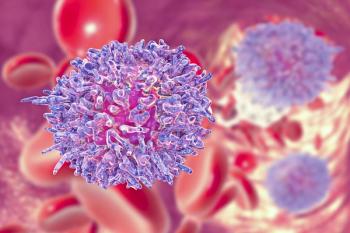
The investigators identified this in 9% of relapsed cases of pediatric acute myeloid leukemia, but it also was present in primary samples.

New study results show that rapidly adding pounds in the first and final months of gestation likely plays a key role in the development of excess fat tissue in female children and adolescents.

New study results show that of those who tested or were presumed positive for SARS-CoV-2, 44% developed neurological symptoms.